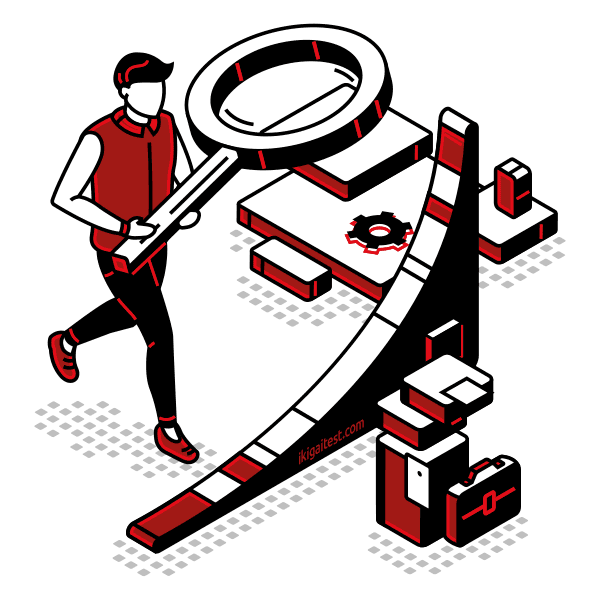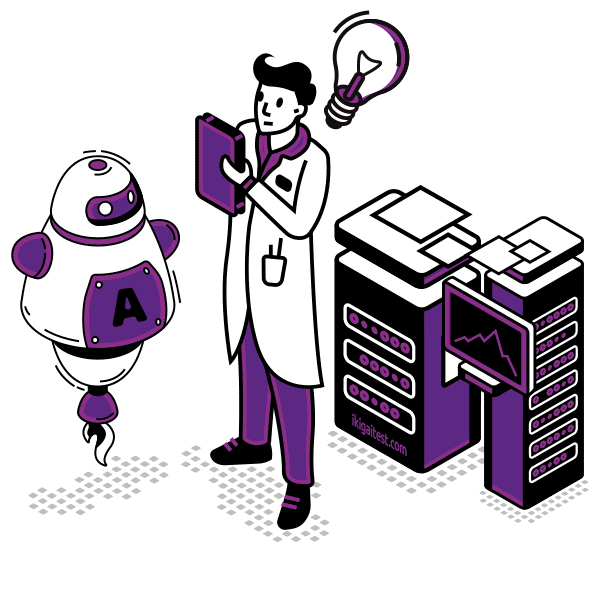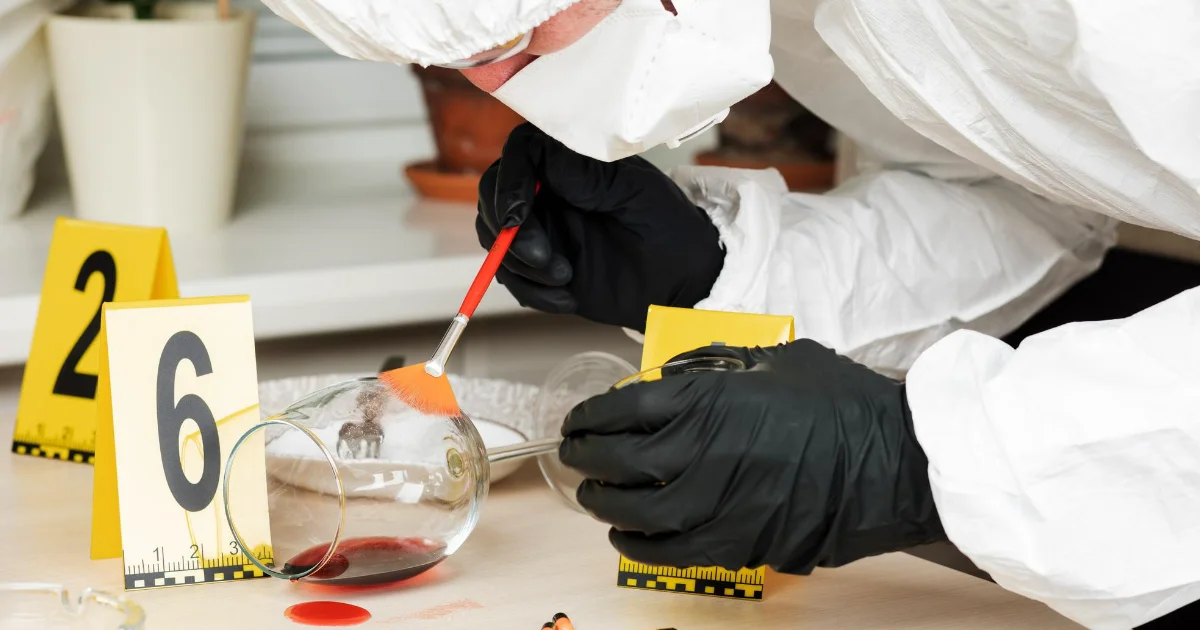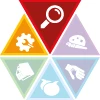Inspector

Inspectors should be great at:
- Estimating sizes, distances, and quantities; or determining time, costs, resources, or materials needed to perform a work activity.
- Observing, receiving, and otherwise obtaining information from all relevant sources.
- Identifying information by categorizing, estimating, recognizing differences or similarities, and detecting changes in circumstances or events.
- Inspecting equipment, structures, or materials to identify the cause of errors or other problems or defects.
Innovator

Innovators will usually have four main goals:
- Developing or creating new applications, relationships, systems, or products.
- Providing creative ideas or artistic contributions.
- Keeping up-to-date technically and applying new knowledge to your job.
- Benchmarking, experimenting and testing novel approaches to solving problems.
Other work activities related to Forensic science technicians
- Testifying in court about investigative or analytical methods or findings.
- Interpreting laboratory findings or testing results for identifying and classifying substances, materials, or other evidence collected at crime scenes.
- Operating and maintaining laboratory equipment and apparatus.
- Preparing solutions, reagents, or sample formulations needed for laboratory working.
- Collecting evidence from crime scenes, storing it in conditions for preserving its integrity.
- Collecting impressions of dust from surfaces for obtaining and identifying fingerprints.
- Analyzing gunshot residue and bullet paths for determining how shootings occurred.
- Visiting morgues, examining scenes of crimes, or contacting other sources for obtaining evidence or information to be used in investigations.
- Examining firearms for determining mechanical conditions and legal status, performing restoration working on damaged firearms for obtaining information, such as serial numbers.








